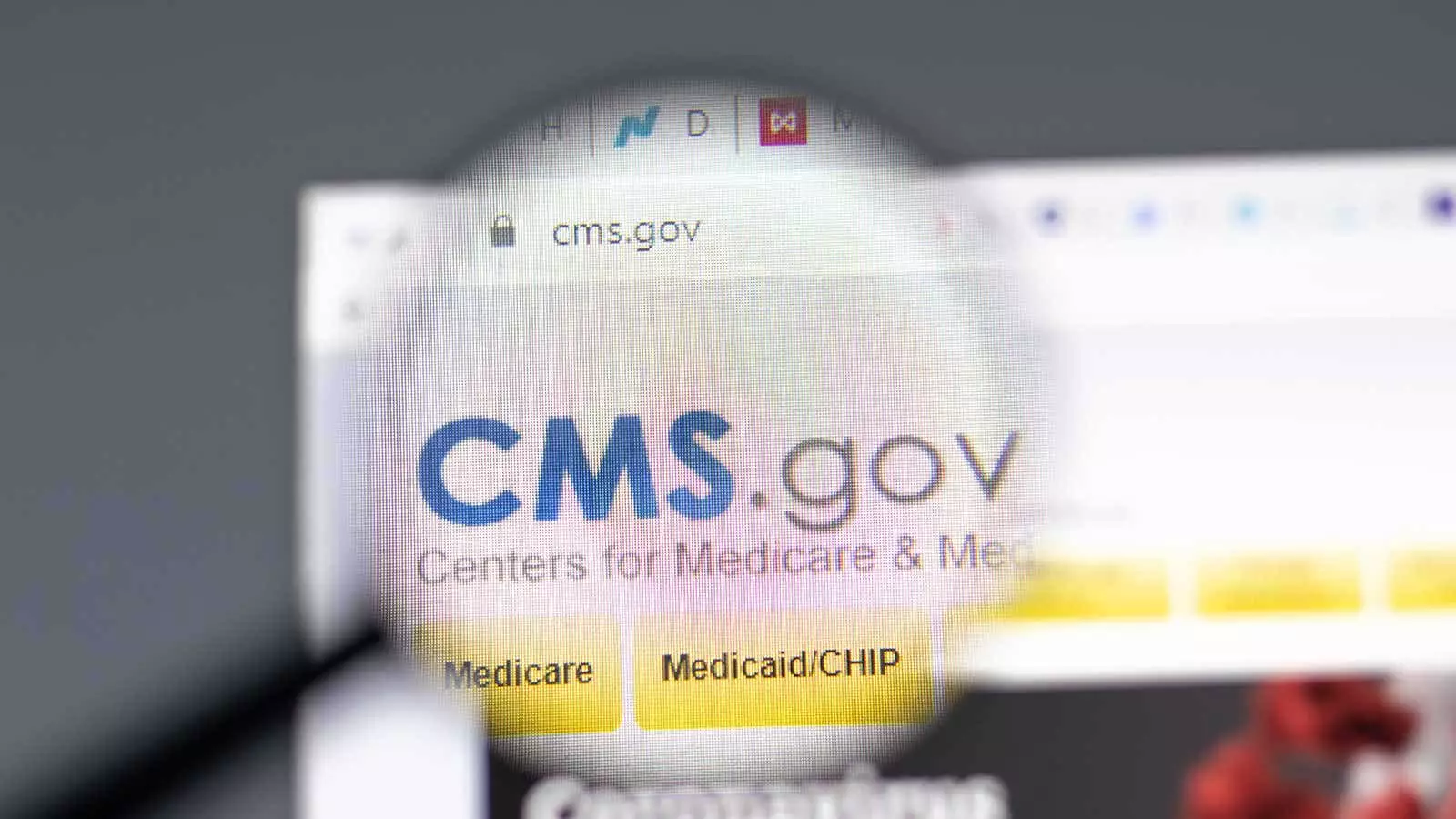On a recent Tuesday, the Centers for Medicare & Medicaid Services (CMS) unveiled a pivotal proposed rule aimed at improving transparency concerning prior authorization rules and coverage criteria within Medicare Advantage plans. This initiative, framed by the Biden-Harris administration as part of an ongoing effort to reform Medicare Advantage (MA) policies, seeks to ensure that beneficiaries can readily access the healthcare services they require. Dr. Meena Seshamani, the director of the Center for Medicare, outlined the administration’s commitment over the past three years, emphasizing that the latest measures represent a significant stride towards curbing the inappropriate use of prior authorization.
This new regulation is poised to enhance how beneficiaries understand and navigate the often convoluted requirements that accompany healthcare access within MA plans. By making prior authorization rules publicly available, CMS aims not only to hold these plans accountable but also to empower patients. The overarching goal appears not just to reduce the barriers to care but to foster a healthcare system that prioritizes the needs and rights of patients.
One of the fundamental concerns with prior authorization in Medicare Advantage is its impact on patient access to necessary treatments. Dr. Seshamani highlighted striking statistics revealing that a significant portion of claims denials—up to 80%—are eventually overturned upon appeal. However, the alarming reality is that less than 4% of denied claims are challenged. This indicates a substantial gap in patient awareness regarding their rights and options for recourse. Consequently, many patients are potentially deprived of essential services, leading to delays in care or resulting in adverse health outcomes.
The implications of these findings cannot be understated. As prior authorization remains a key mechanism employed by MA plans to manage costs and medical necessity, a system that lacks transparency can lead to frustration and confusion among patients. The proposed rules intend to address this issue by mandating clearer communication of the coverage criteria and information about appeals processes, thus creating a more informed patient base. This regulatory change not only aims to enhance patient experience but also aspires to foster a more equitable healthcare landscape where access is not blocked by convoluted administrative hurdles.
In addition to prior authorization requirements, the proposed rule addresses another critical area: provider directories within Medicare Advantage. The current state of provider directories can be particularly overwhelming for seniors attempting to navigate their healthcare options. The announcement by Seshamani indicates a shift towards a more comprehensive solution, with a proposal for MA organizations to make their entire provider directories available to CMS.
This initiative aims to integrate these directories into the Medicare Plan Finder, ultimately simplifying the process of comparing providers across different MA plans. For seniors and their caregivers who often rely heavily on these directories to evaluate coverage options, this improvement could prove transformative. By ensuring that up-to-date and complete information is easily accessible, beneficiaries can make more informed decisions tailored to their individual health needs.
The proposed changes have garnered support from various political leaders, including Senator Ron Wyden, chair of the Senate Finance Committee. Wyden referred to the announcement as a crucial advancement towards modernizing and fortifying Medicare for millions of Americans. His endorsement underscores the bipartisan recognition of the need to mitigate the overuse of prior authorization, tackle “ghost networks” of inaccessible providers, and protect older adults from unscrupulous brokers who may mislead them regarding their enrollment choices.
As discussions surrounding the proposed rules continue, the engagement from both advocates and legislative figures suggests a shared commitment to reforming Medicare Advantage for the betterment of patient outcomes. The proposed changes could lead to a system that not only respects patient autonomy but actively encourages informed participation in one’s own health care decisions.
The deadline for public comments on the proposed rule is set for January 27, 2025, indicating that the pathway for these changes remains open to stakeholder input and critique. The responsibility for eventual implementation will likely fall to subsequent administrations, highlighting the ongoing nature of healthcare reform discussions in the U.S.
The changes proposed by CMS reflect an evolving understanding of the needs of Medicare beneficiaries. By pursuing enhanced transparency and ensuring clarity regarding prior authorizations and provider availability, there is potential to create a Medicare Advantage system that genuinely serves the interests of its enrollees, thus fostering a model of healthcare delivery that prioritizes accessibility, clarity, and patient empowerment.


Leave a Reply